In a timely and insightful response to Nigeria’s current economic challenges and the need for accessible healthcare solutions, the College of Allied Health and Pharmaceutical Sciences, Kaduna State University (KASU), organized a thought-provoking seminar on the role of indigenous herbs in modern medicine.
The seminar, held on 28th July 2025, attracted academics, healthcare practitioners, and students, all eager to explore sustainable alternatives to conventional healthcare. Declaring the event open, Dr. A.A. Jimoh, Head of the Department of Pharmacology and Toxicology, emphasized the significance of revisiting traditional medical knowledge in addressing contemporary health issues. He underscored the seminar’s relevance in equipping scholars and health professionals with affordable, locally sourced treatment options in a time of widespread economic strain.
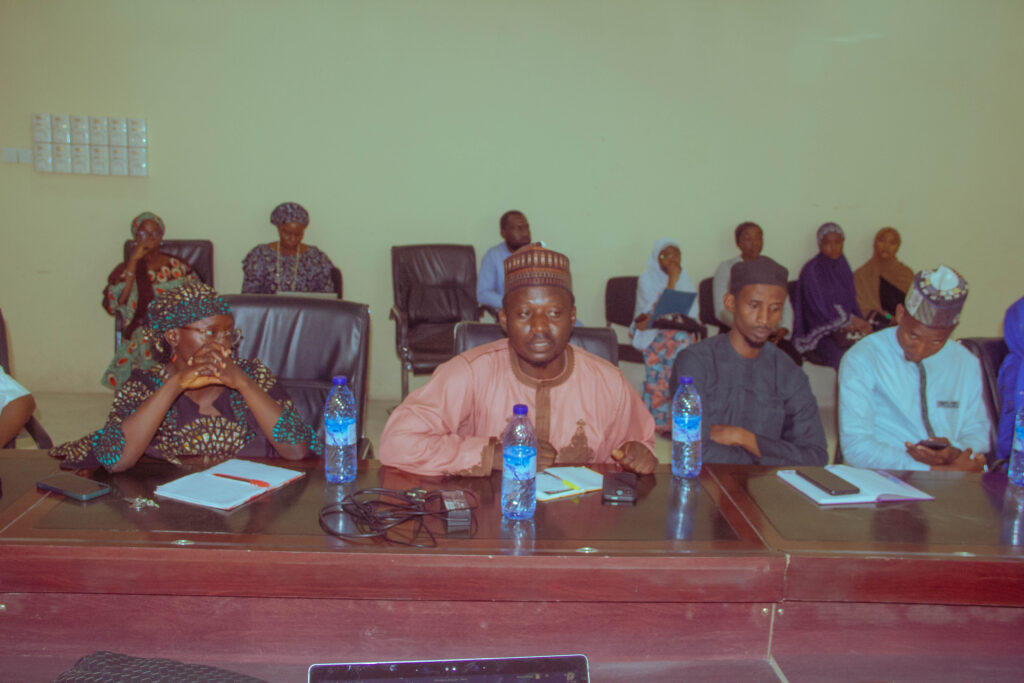
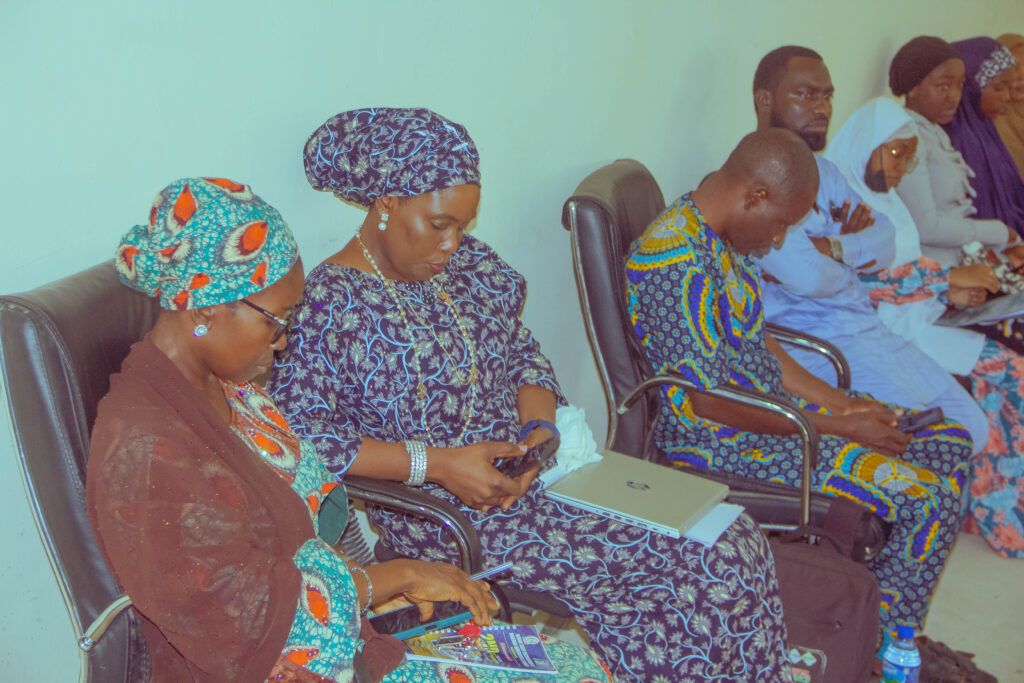
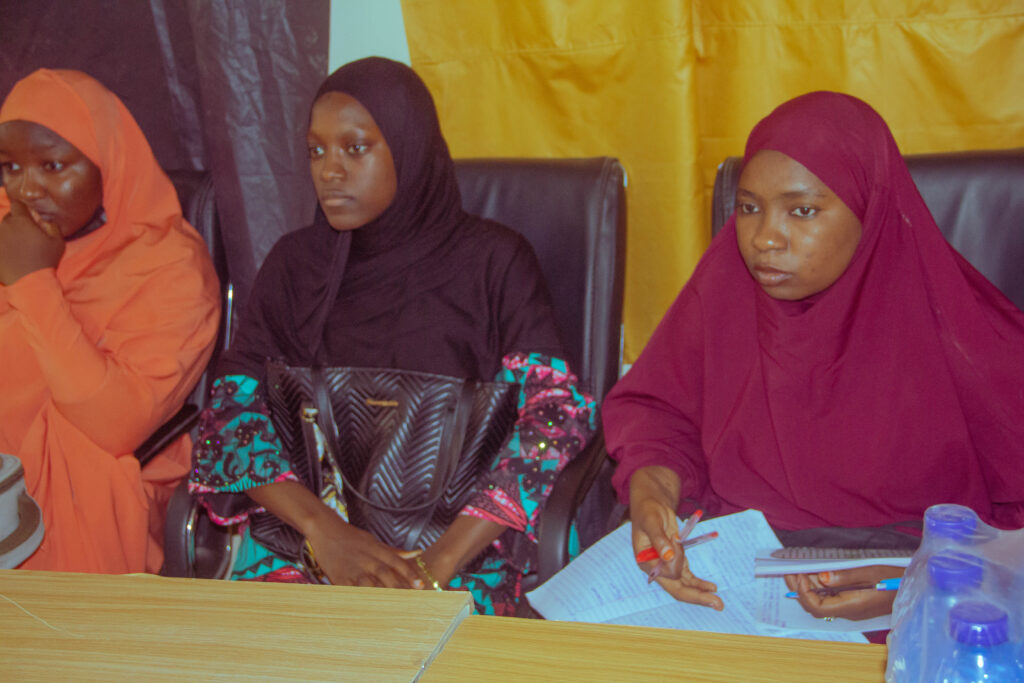
Following the opening, Dr. Sani Shehu presented the citation of the guest speaker, Dr. Uwaisu Iliyasu, a Senior Lecturer in the Department of Pharmacognosy and Drug Development, whose presentation formed the core of the seminar.
“Exploring the Use of Indigenous Herbs as a Remedy for Contemporary Health Challenges in the Face of Economic Hardship”
The presentation, the fifth in the university’s monthly seminar series, offered a rich historical overview of herbal medicine, tracing its use back to ancient civilizations—Egypt, India, China, Greece, and Rome—dating as far back as 3500 BC. Dr. Iliyasu explained the Signature and Resemblance Theory, which associated plant appearance with specific bodily ailments.
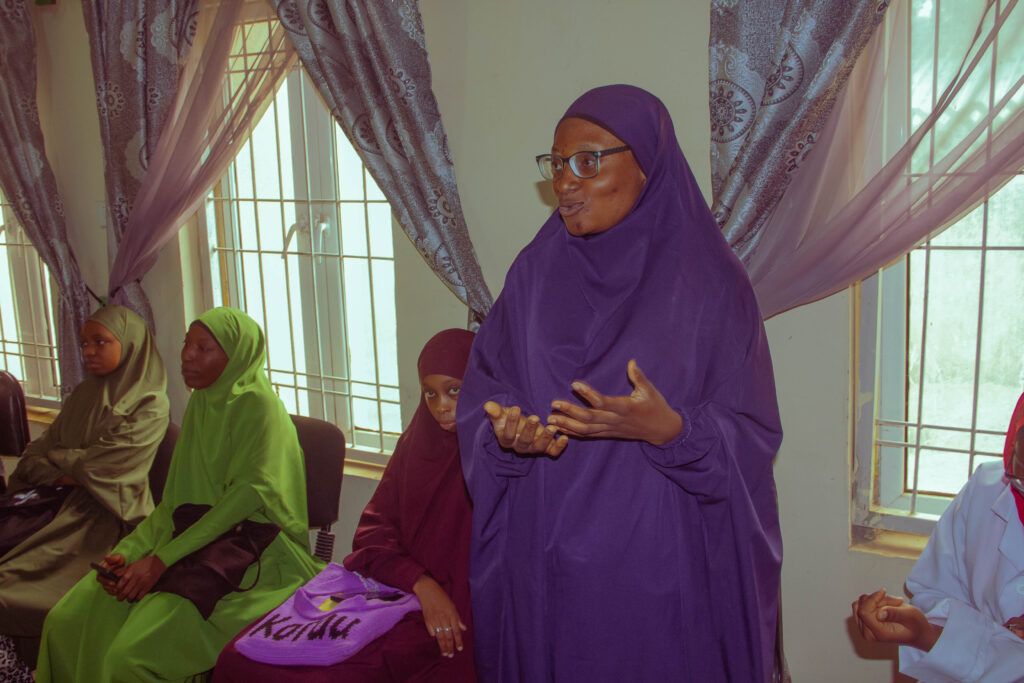
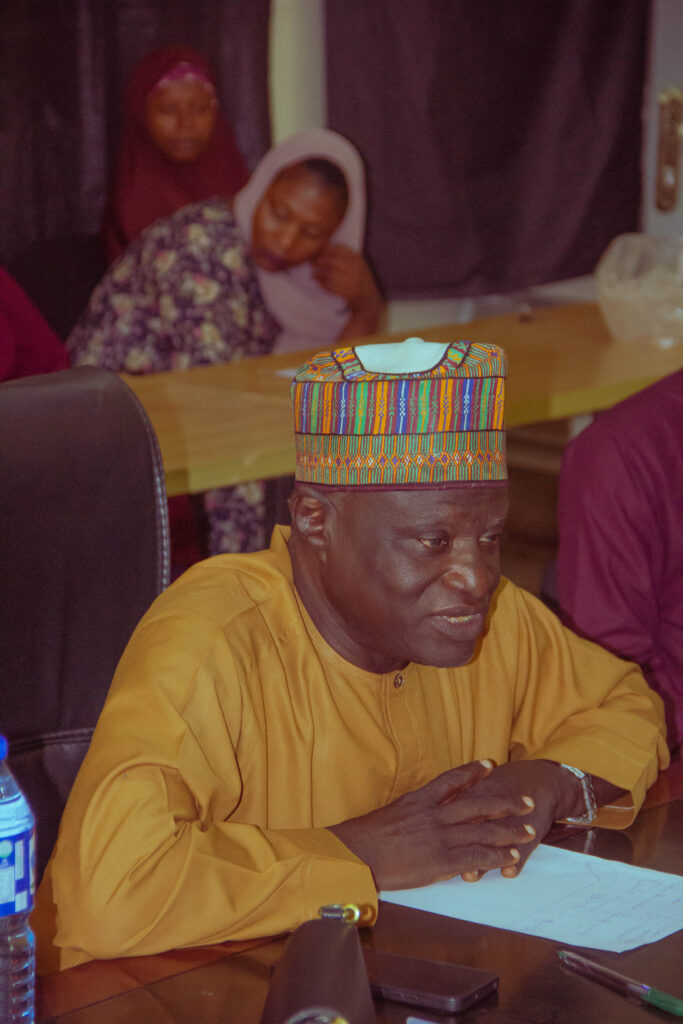
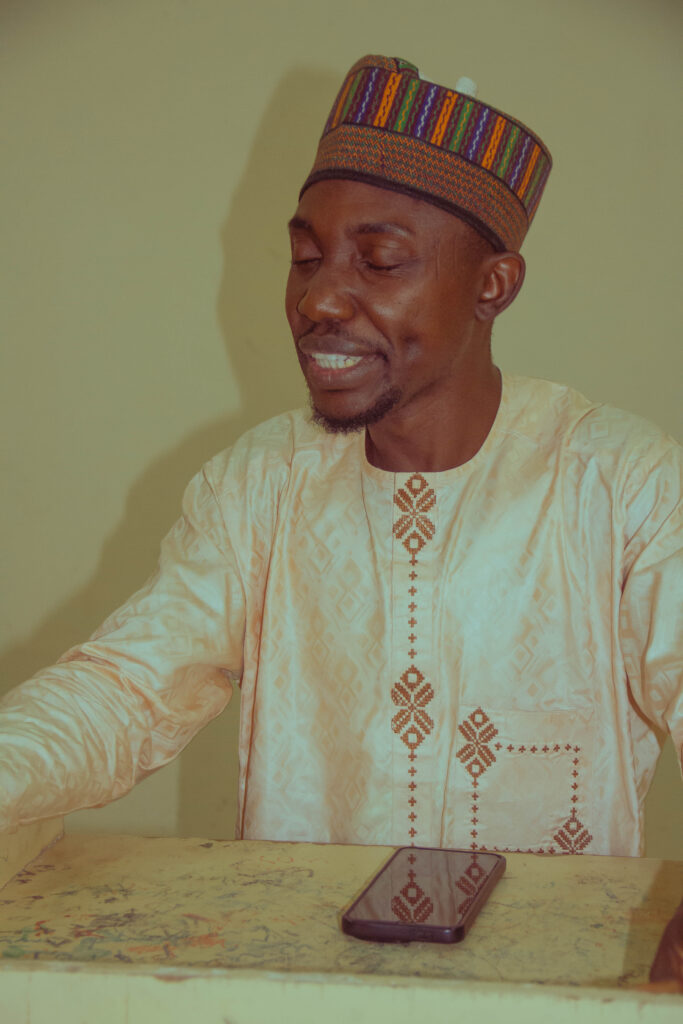
Despite the advances of modern medicine, Dr. Iliyasu emphasized the ongoing relevance of medicinal plants, noting that approximately 25% of modern pharmaceutical drugs are derived from plant sources. He categorized traditional medicine systems into Ayurvedic, Siddha, and Unani, each with unique approaches blending herbs, minerals, and physical therapies.
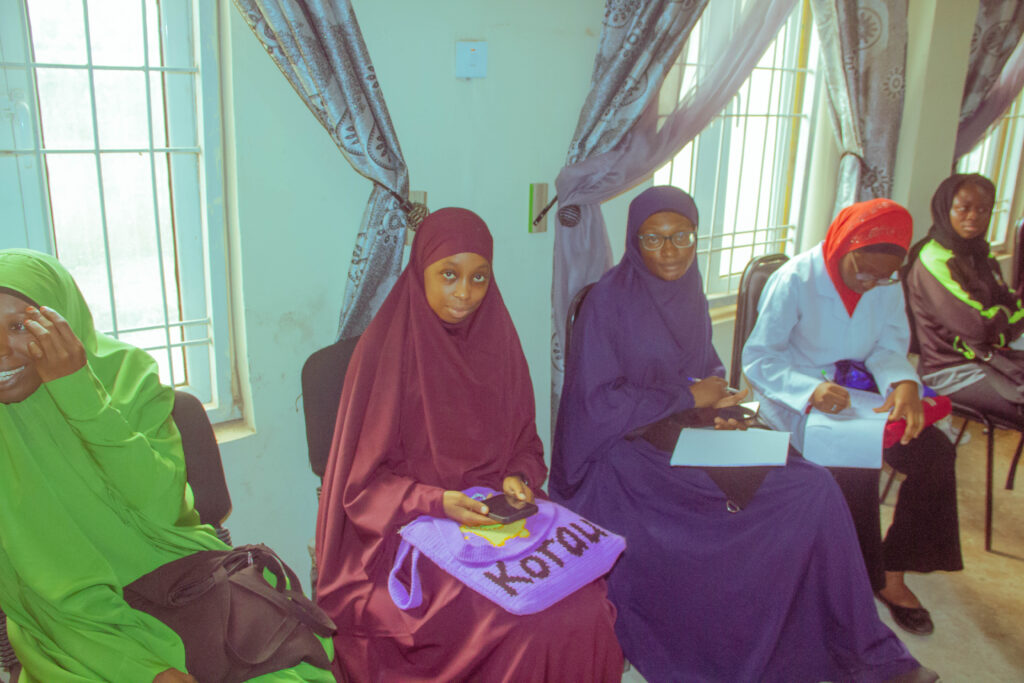
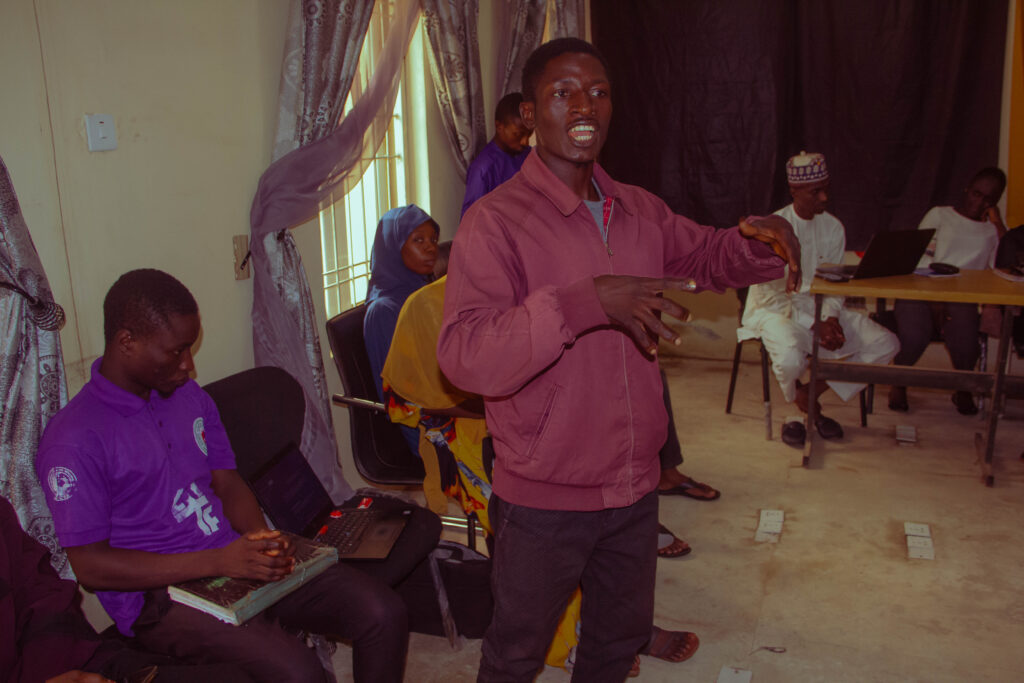
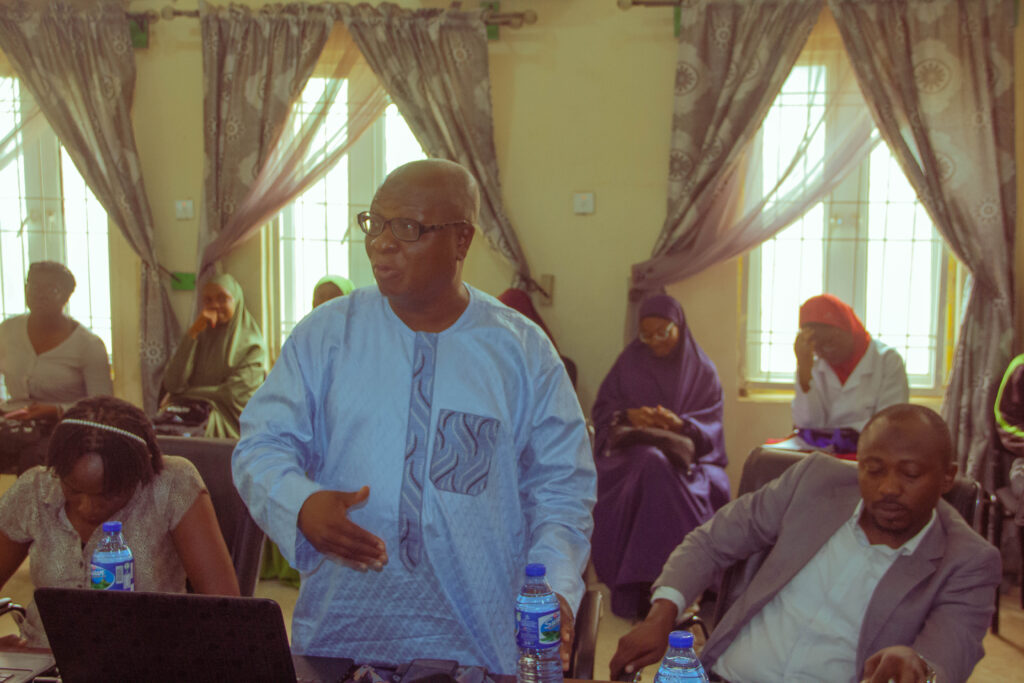
Further, he explained the global relationship models between traditional and modern medicine:
1. Tolerant: Traditional healers exist without official recognition.
2. Parallel: Both systems operate legally, as seen in India.
3. Integrated: Education and practice are merged, such as in China and Vietnam.
4. Monopolistic: Modern medicine holds exclusive legal practice rights, typical in many Western countries.
A key insight shared by Dr. Iliyasu was the benefit of using whole plants in herbal remedies, allowing for synergistic effects that reduce toxicity and enhance therapeutic value. He stressed the practice of herb combinations, which improves efficacy and reduces side effects—contrasting this with the often single-compound focus of modern drugs.
Referencing a 1989 WHO resolution, he reaffirmed the importance of integrating traditional medicine into national healthcare policies and strategies.
Dr. Iliyasu highlighted the urgency of this shift by citing current economic statistics: by the end of 2025, over 13 million more Nigerians are projected to fall below the poverty line due to inflation, high interest rates, and currency depreciation. In rural areas, more than 75.5% of the population already lives in poverty.
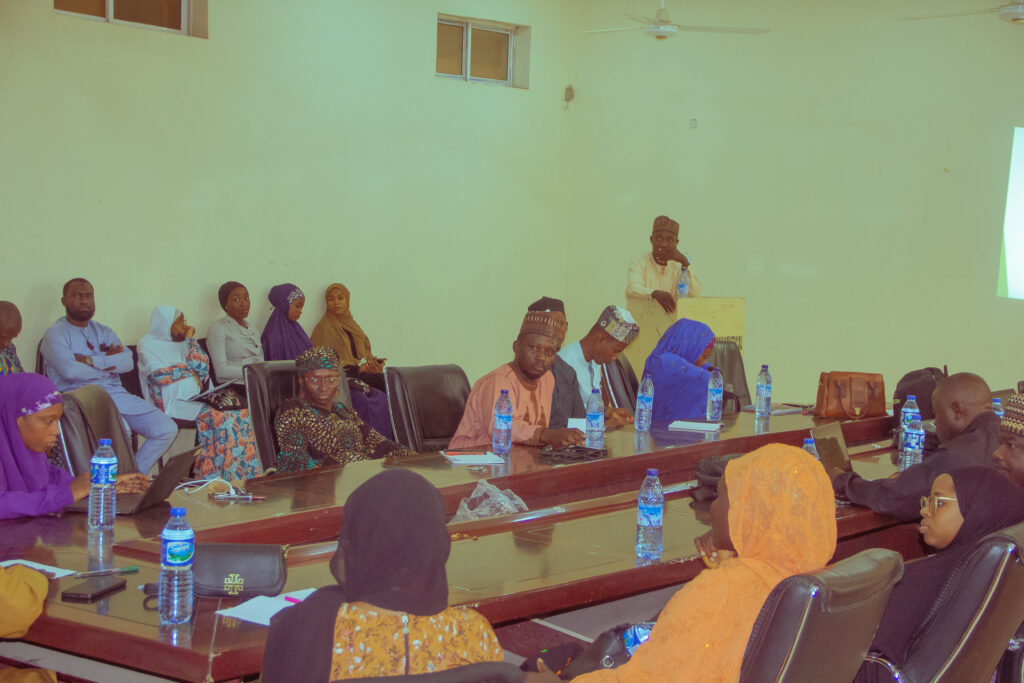
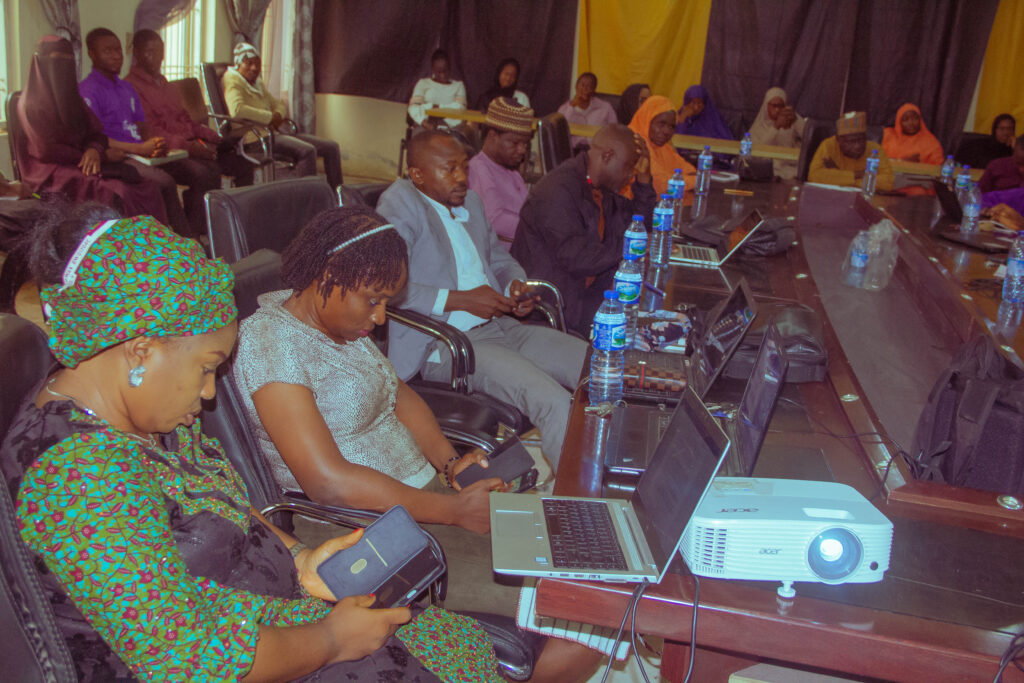
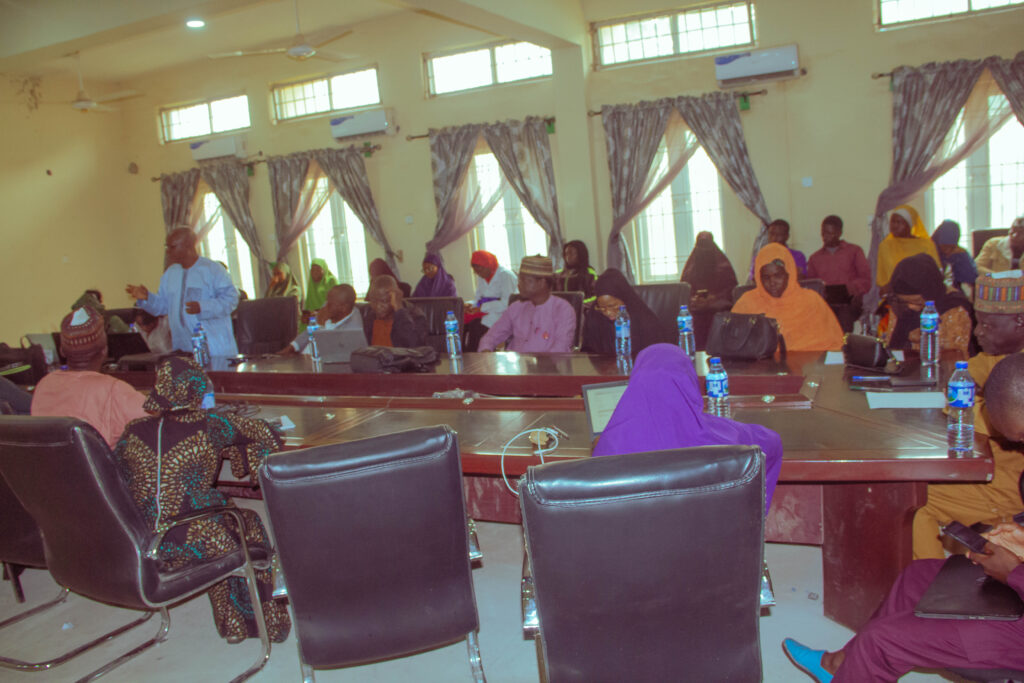
In this context, he argued, indigenous herbal medicine offers not just an alternative, but a lifeline—especially where access to conventional healthcare is limited by distance or cost.
He listed commonly available Nigerian medicinal plants with healing properties:
Moringa
Bitter kola
Bitter leaf
Ginger
Telfairia (fluted pumpkin)
Hibiscus
Baobab
These plants, he noted, can be combined to enhance their medicinal potency and affordability in treating both chronic and common ailments.
Dr. Iliyasu challenged the long-standing perception of traditional medicine as unscientific or outdated. He proposed a new outlook that sees herbal medicine as:
Holistic
Cost-effective
Locally available
Culturally relevant
Scientifically promising
He called on universities and policymakers to support rigorous research, recognition, and promotion of traditional medical practices as part of Nigeria’s broader health resilience strategy.
The seminar was formally concluded by Prof. Musa Garba, who lauded the depth and relevance of the presentation. He praised Dr. Iliyasu for successfully bridging scientific knowledge with cultural wisdom, and urged institutions of learning to take the lead in validating and documenting traditional medicine.
“Today’s seminar reminds us that innovation is not always about looking outward, it is often about rediscovering the wisdom within,” Prof. Garba remarked.
He pledged KASU’s continued commitment to supporting interdisciplinary collaboration and integrating traditional medicine into academic research and community health outreach.
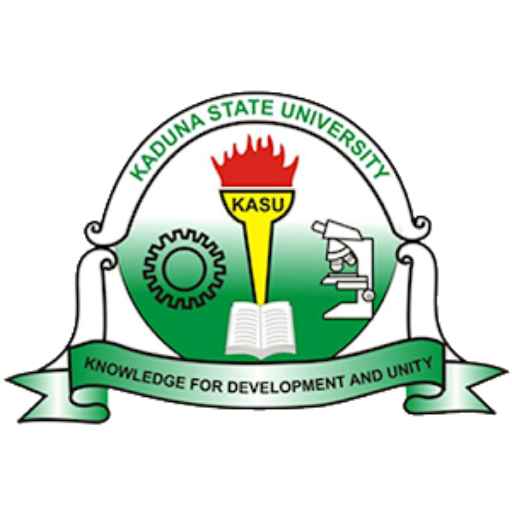
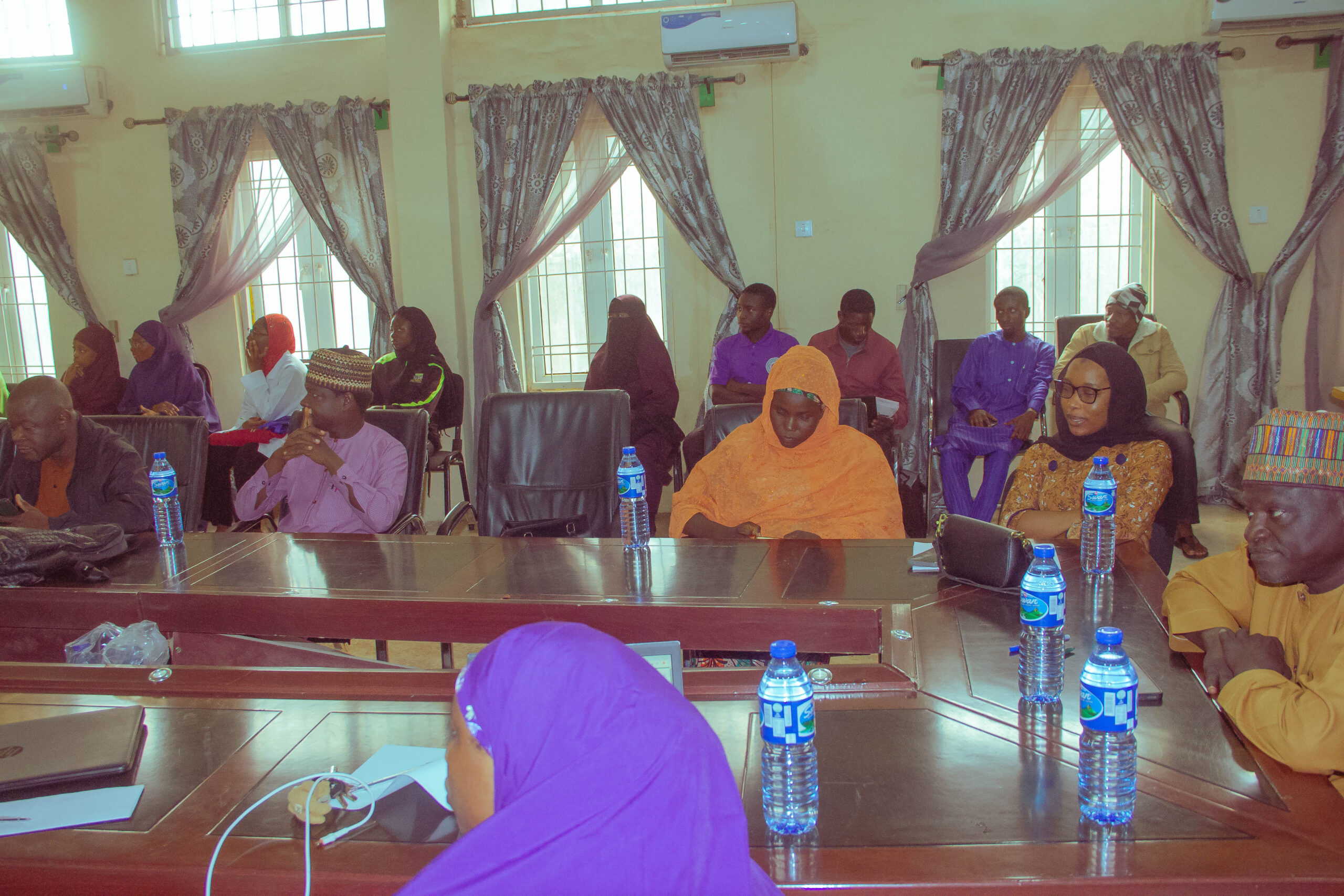
It was an interesting seminar.
That was an insightful and thought-provoking well delivered seminar
Seminars on indigenous herbal remedies is very important at this time we are. It boost our economy